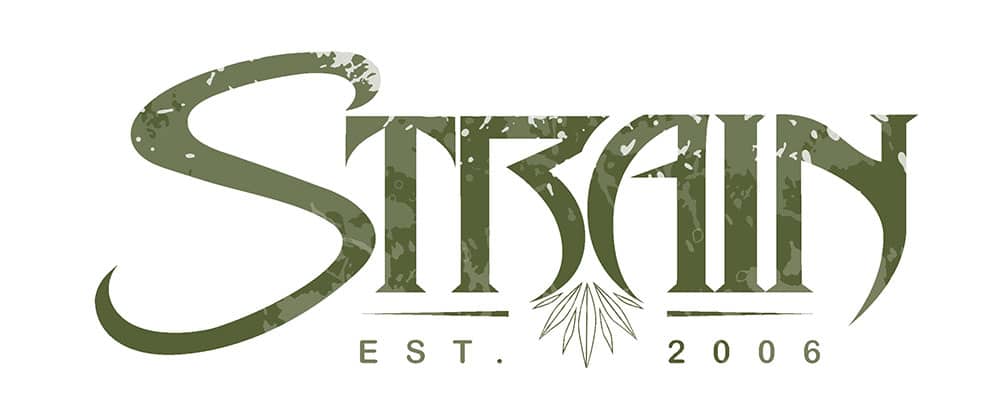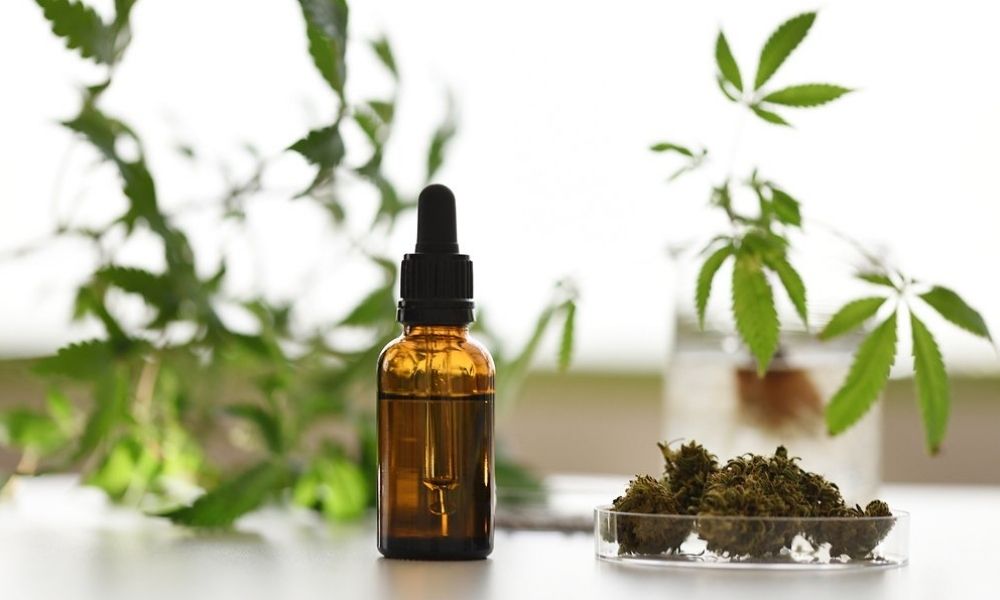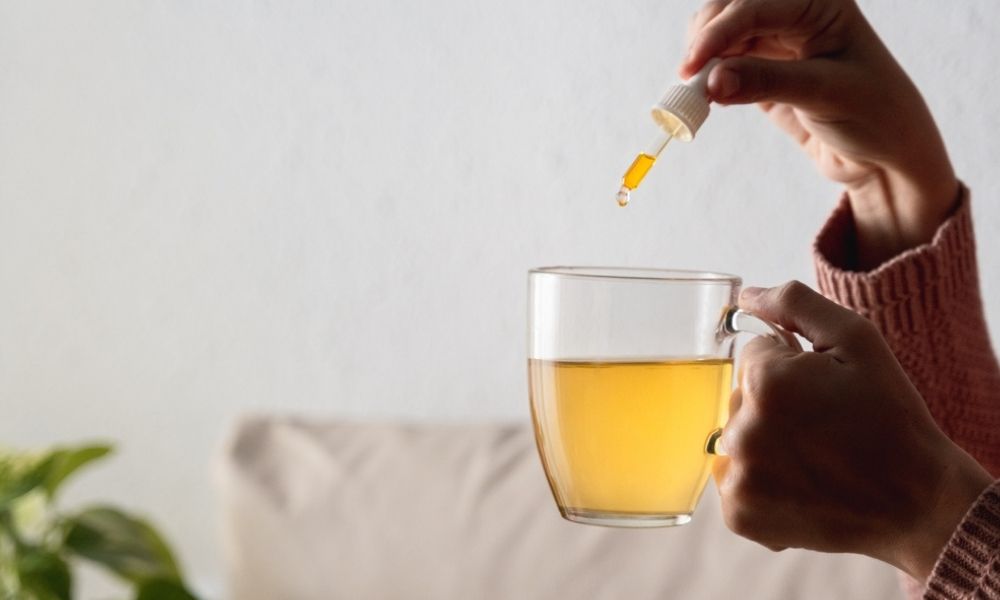As weed becomes legal in more and more territories across the United States, researchers and consumers are becoming increasingly curious about the primary benefits it offers. One of the most vastly studied cannabinoid compounds to date for therapeutic and recreational uses is CBD. But what are the effects of CBD exactly?
Cannabidiol, or CBD for short, has become a popular wellness product for veteran weed users and newbies alike. From the 113 known cannabinoid compounds present in the average cannabis plant, CBD — along with the high-inducing THC — is one of the most researched. However, there are still many questions revolving around this substance. Does it get you high? What’s the right way to use it? And most importantly, what are its main benefits?
CBD Will Not Get You High
Unlike THC, CBD is a non-psychoactive compound. This means it cannot give you the characteristic euphoria and all the other effects that make you feel high. Keep in mind that no CBD product is regulated by the U.S. Food and Drug Administration yet. Checking if any product has been tested for quality assurance by a third-party lab is up to you. Some low-quality options can still contain traces of THC. In this case, yes, your CBD-ish merch may get you high.
When you inhale CBD vapor or ingest an edible, for example, the CBD compounds travel through your bloodstream until they reach your endocannabinoid system — which is found within your nervous and immune systems. Once there, CBD interacts with your CB1 and CB2 receptors. However, unlike THC, CBD does these interactions indirectly, and that’s why it’s non-intoxicating. CBD may also interact with opioid and dopamine receptors, which regulate pain and cognition, respectively.
The Health Benefits of CBD
Research regarding CBD is still ongoing. Yet, scientists have found some promising evidence of its potential uses as a therapeutic tool. Some of the primary benefits for CBD in the medical field are:
- Treating epilepsy
- Controlling anxiety
- Reducing inflammation
- Fighting chronic pain
- Stopping migraines
- Regulating depression symptoms
It’s important to note that CBD is still not an approved medication. There’s still a lot to learn about this compound before physicians can confidently prescribe any cannabinoid as a stand-alone treatment for any of these conditions.
Best Way to Take CBD
Cannabidiol products come in numerous formats. There’s no “best way” to take CBD. It all depends on what you’re looking to achieve and your personal preferences. You can have your CBD via:
- Creams and ointments – This method is best to apply CBD directly to skin, joints, and muscles.
- Edibles – This method is effective for slow release. It takes anywhere from 45 minutes to 2 hours to hit, but the effects can last up to 5 hours.
- Vape pens – This method is suitable for quick relief since it takes 10 minutes to deliver.
- Tinctures – This method allows you to increase or decrease dosage at your convenience.
The Bottomline about the Effects of CBD
While we still need to learn a lot more about the effects of CBD, recent studies hint it may be a safe and potent treatment for several ailments. Research is still ongoing, however, so it wouldn’t be surprising if we found out about many more. If you’re considering CBD for medical or recreational use, visit Strain dispensary to find the best product for you.


